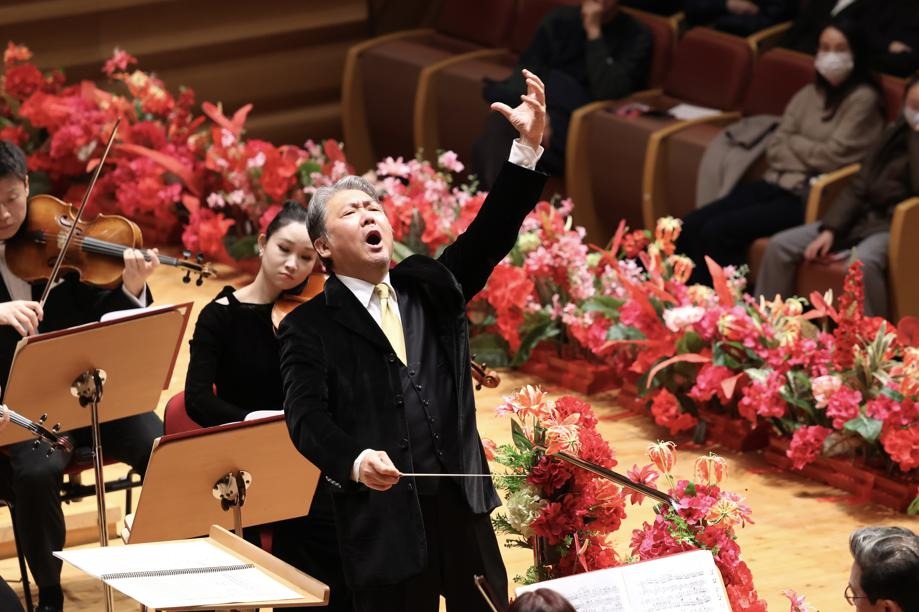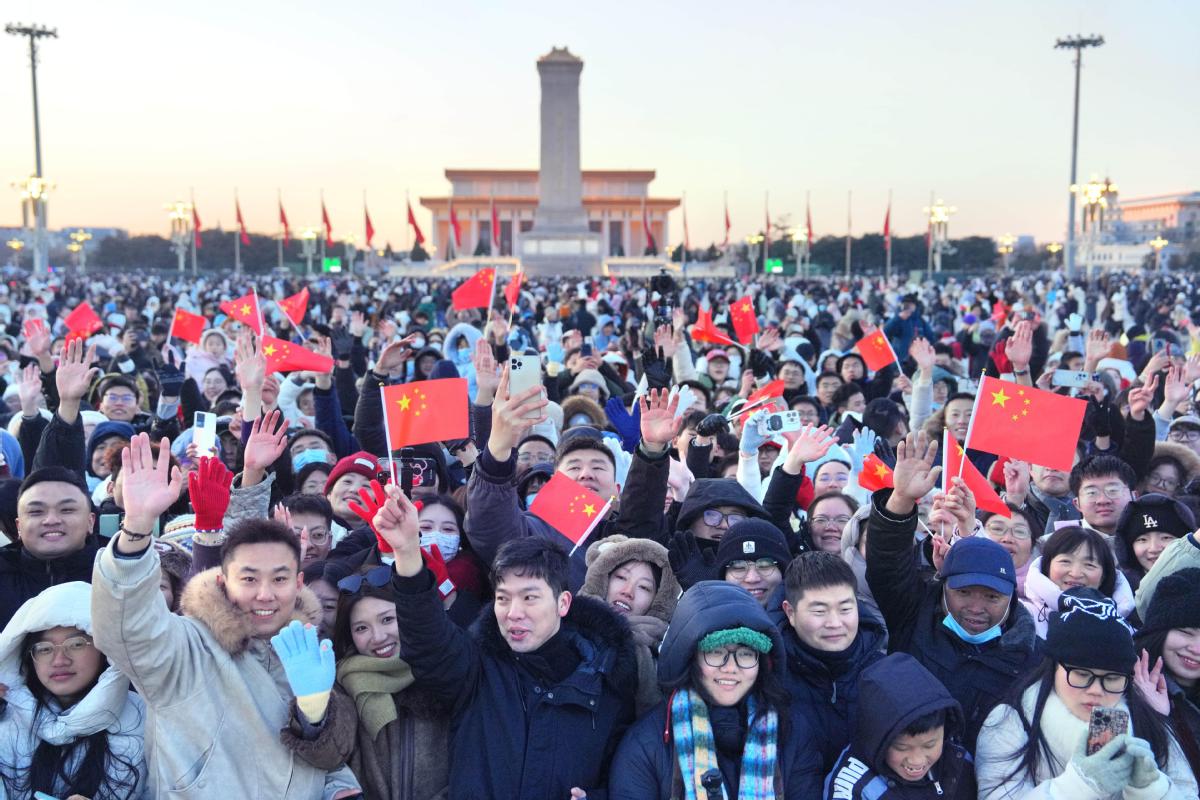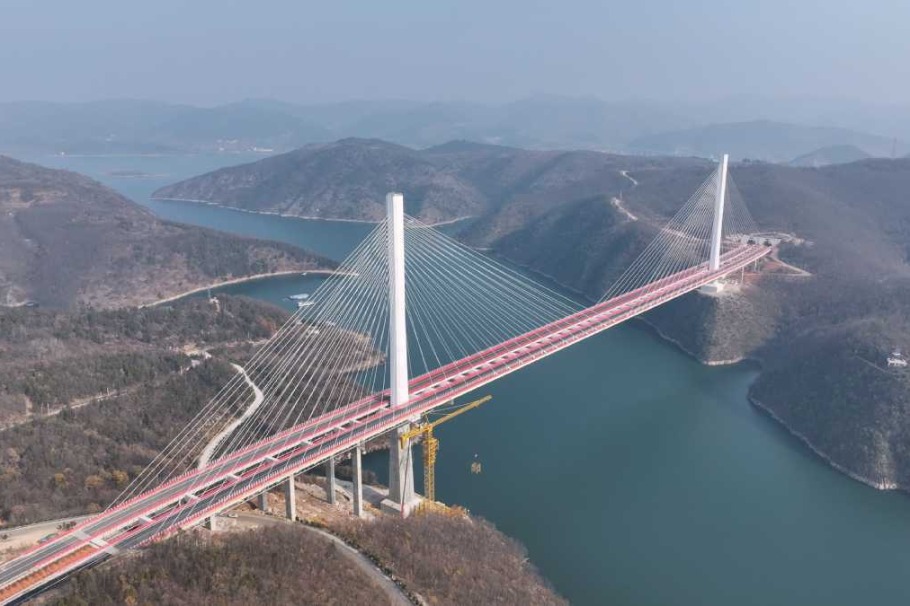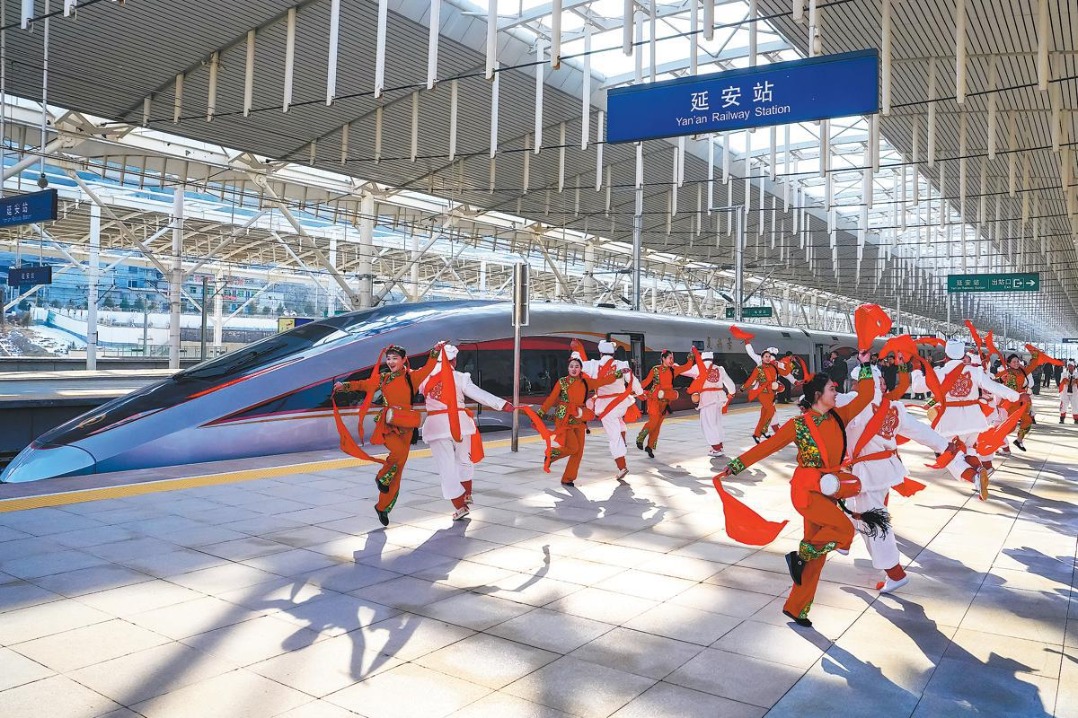Officials' roles in vitalization mapped out


Bureaucracy and inaction liable to penalties, criminal punishment
China has issued a set of rules clarifying the duties of Communist Party of China officials in rural vitalization, while warning of the threat of penalties and even criminal liability for excessive bureaucracy and inaction.
Wrongdoings will be punished according to the Party's disciplinary rules as well as national laws, according to the seven-chapter document titled Implementation Measures for Rural Vitalization Accountability.
Methods such as third-party evaluations, undercover investigations and public opinion polls will be adopted to assess government work in the field, it said.
The document was issued by the general offices of the Communist Party of China Central Committee and the State Council on Nov 28 and released to the public via Xinhua News Agency on Tuesday.
Early last year, central authorities switched gears in the national rural vitalization strategy after ending absolute poverty on the Chinese mainland.
The task to vitalize less affluent rural regions could last decades and involve a wide range of departments from agriculture and finance to transport.
According to the document, central government agencies are responsible for studying the top leader's instructions and should devise policies within their own fields accordingly.
Policies may be scattered across an array of sectors such as agricultural production and food security, rural economic reforms, public services and poverty issues.
Departments need to improve internal leadership on rural vitalization matters and coordinate with other departments. The document states that a department's Party committee bears prime responsibility for its performance on this front.
Local governments are obliged to integrate rural vitalization work with local development and rural affairs and are also obliged to ensure local grain production, prevent vulnerable groups from sliding back into poverty, foster rural industries, recruit talented individuals to work in villages, and improve rural infrastructure, such as internet penetration.
Provincial authorities are in charge of assigning key tasks and allocating important resources, while city-level authorities are tasked with tracking the progress of important projects and the use of money.
County governments are required to organize task forces to execute major tasks and ensure progress is continuous.
In a Q&A explaining the rules, an unnamed agricultural official said a province's performance in rural vitalization will serve as an "important criterion" in the assessment of its leadership.
Relevant work will form a crucial part of the work report, which Party committees at each level submit to higher-ups, the official added.
- 'Separatist fallacy' of Lai Ching-te 'doomed to fail'
- Shanghai Symphony Orchestra rings in the new year
- New power station opens in Shanghai
- Series on Shanghai revolutionary sites airs
- Xu Beihong's horse-themed art exhibition opens in Shanghai
- China has enhanced social safety net: government minister



































